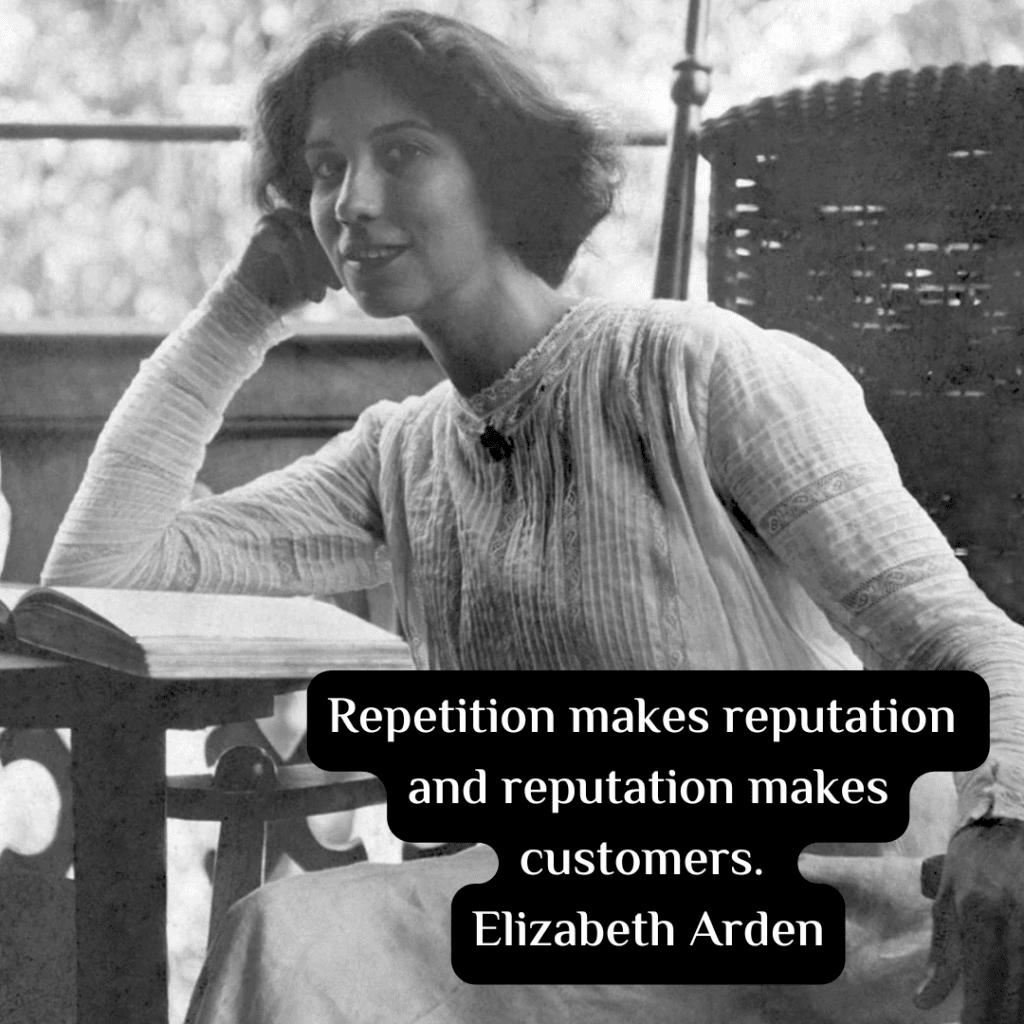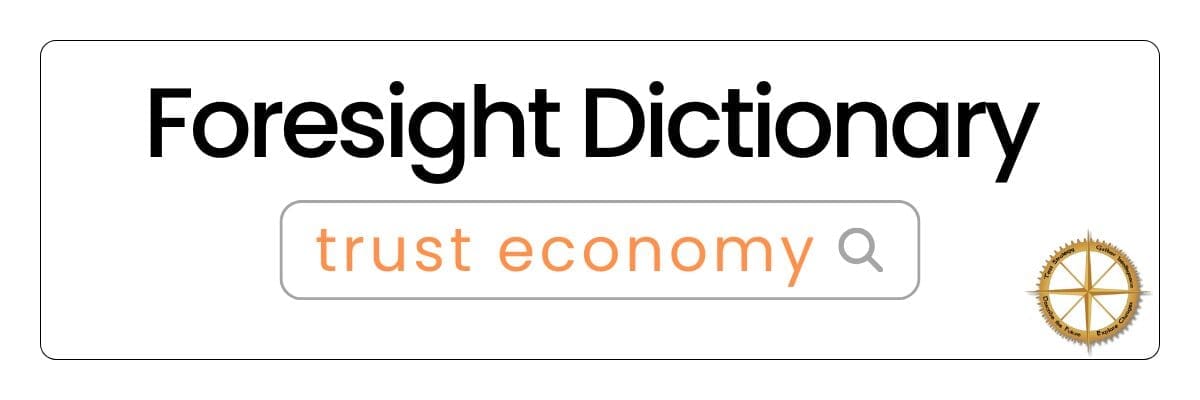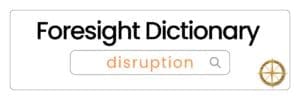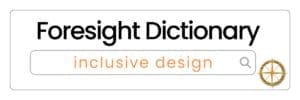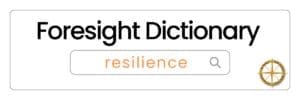
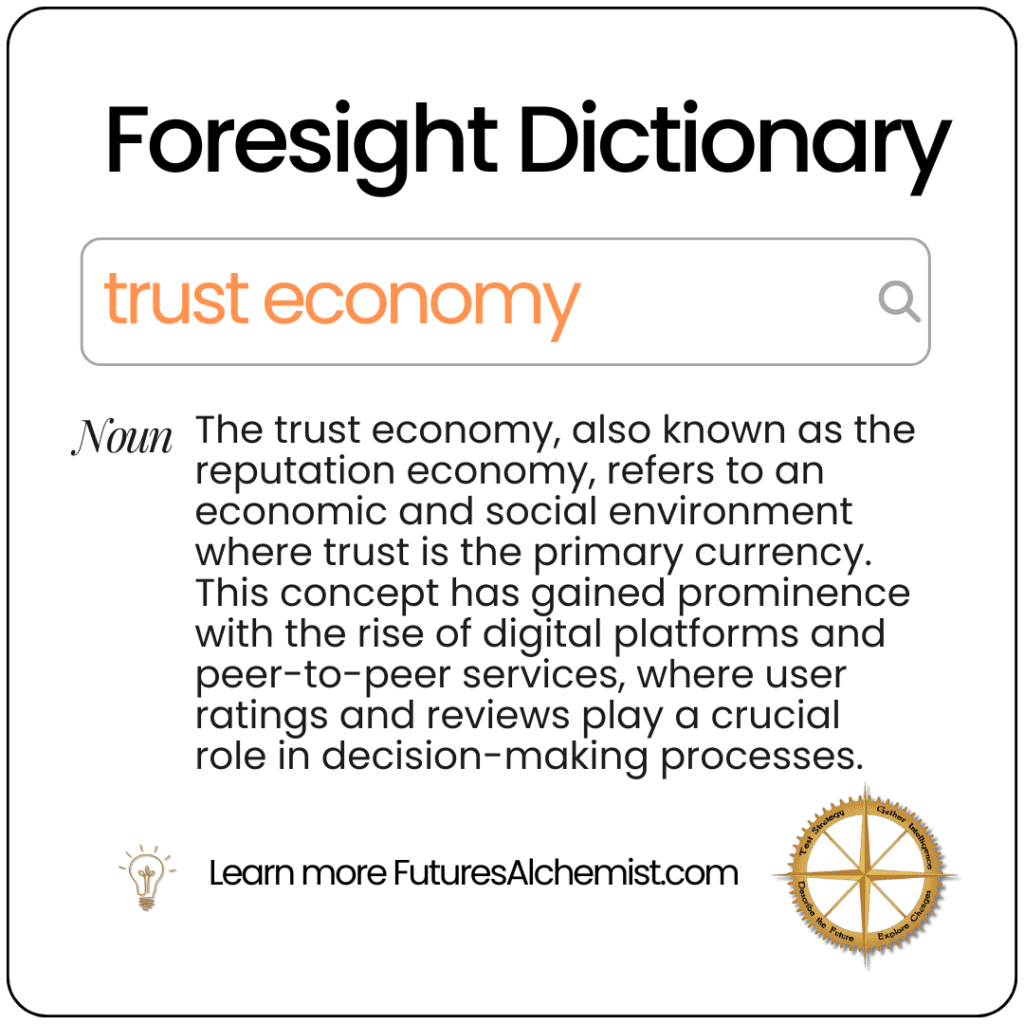
Definition
The trust economy, also known as the reputation economy, refers to an economic and social environment where trust is the primary currency. It’s a system in which individuals’ and organisations’ reputations and trustworthiness directly influence their economic opportunities and social interactions. This concept has gained prominence with the rise of digital platforms and peer-to-peer services, where user ratings and reviews play a crucial role in decision-making processes.
Example
(you knew there had to be an) AirBnB (example)
A real-world example of the trust economy in action is the rise of sharing economy platforms like AirBnB. Founded in 2008, AirBnB disrupted the traditional hospitality industry by allowing individuals to rent out their homes or spare rooms to strangers. The platform relies heavily on user reviews and ratings to build trust between hosts and guests. Both parties rate each other after each stay, creating a reputation system that helps future users make informed decisions. This trust-based system has enabled AirBnB to grow into a global platform with millions of listings across more than 220 countries and regions as of 2023.
Ask yourself
- How does my personal or brand reputation affect my economic opportunities?
- In what ways can I build and maintain trust in digital and physical environments?
- How might the trust economy reshape traditional business models in my industry?
- What are the potential risks and downsides of a trust-based economic system?
- How can I leverage trust-building mechanisms to create value in my work or business?
- What role does transparency play in the trust economy?
- How might the trust economy evolve with emerging technologies like blockchain?
Tools
- Scenario Planning: Develop various scenarios of how the trust economy might evolve and impact different sectors.
- Reputation Management Systems: Tools and strategies for monitoring and improving online reputations.
- Net Promoter Score (NPS): A metric used to gauge customer loyalty and satisfaction.
- Social Network Analysis: To understand the flow of trust and influence within networks.
- Blockchain Technology: For creating transparent, tamper-proof records of transactions and interactions.
- Futures Wheel: To explore the potential cascading effects of increased reliance on trust-based systems.
- Delphi Method: To gather expert opinions on the future development of the trust economy.
